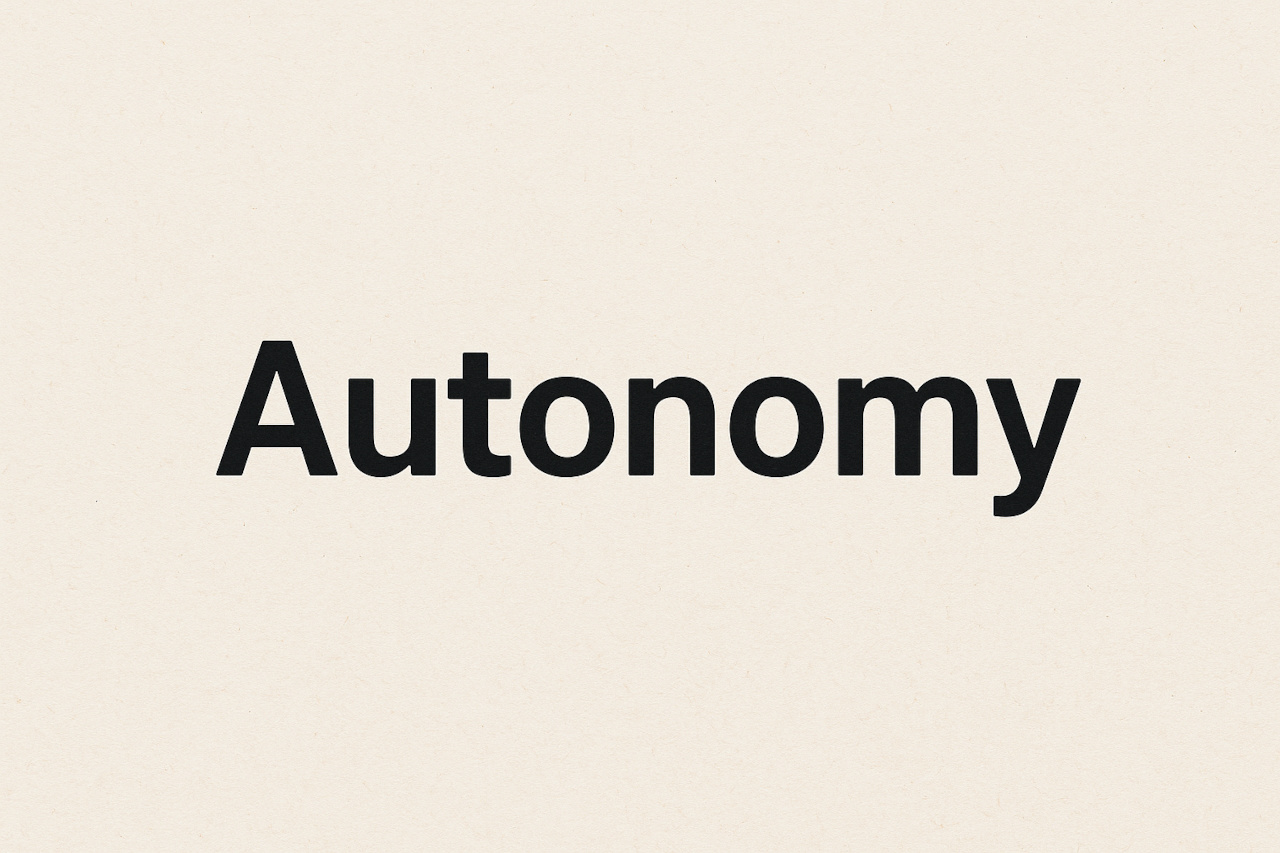Autonomy: The Definition and Meaning
Autonomy refers to the ability or capacity of a person, organization, or system to make decisions independently, without external influence or control. It is often associated with self-governance, freedom of choice, and the ability to determine one’s own course of action based on internal values, rules, or principles.
Here are a few contexts where “autonomy” is commonly applied:
- Personal Autonomy: In ethics and philosophy, personal autonomy is the capacity of individuals to make their own choices and pursue their own goals based on personal beliefs and preferences. It emphasizes individual freedom and responsibility.
- Political Autonomy: In political science, autonomy can refer to the self-governance of a region or group within a larger political structure. For example, an autonomous region may have its own governing bodies and laws, while still being part of a larger nation-state.
- Organizational Autonomy: In business and management, an autonomous organization or division has the authority to make decisions without direct oversight from higher levels of management.
- Technological Autonomy: In technology, autonomy often refers to the capability of machines, systems, or artificial intelligence to operate independently, such as autonomous vehicles or robots that can perform tasks without human intervention.
At its core, autonomy is about the freedom to act and make decisions independently while maintaining accountability for those actions.
Weekly Popular
Newsletter
Subscribe to our newsletter to stay up-to-date on our latest news and announcements.







